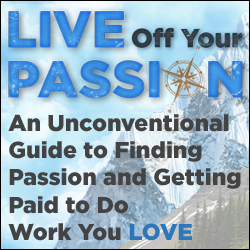If you’re new to Life Compass, on Sundays I write on Spirituality, Faith and Ethics. Here’s why.
Rest. We all need it, whether we like to admit it or not.
I’m one of those people who doesn’t like to admit that I need it. I can deceive myself into thinking that rest is only for the weak and weary. It’s for those who don’t have anything better to do, and for those who don’t want to get ahead.
Over time, though, I’ve come to find wisdom in setting aside a day for rest.
The history of this practice of rest goes back thousands of years. In the creation account found in the Hebrew/Christian scriptures, God created the world in 6 days and then he rested from his work (Genesis 1:1-2:4). Later, God instructed his followers to set aside one day a week as a day of rest (The Ten Commandments, Exodus 20:8-11). Some traditionally choose Saturday as a day of rest, some Sunday, and others choose a different day of the week, depending on their work schedule.
Whether you choose to set aside a day of rest because of faith reasons or not, I’ve discovered several other reasons to put this into practice in my own life.
- It fosters a sense of gratitude.
- It helps maintain balance in my life by drawing my focus to the things that are most important to me:Â God, family, friends, others.
- It helps me catch up and recharge my energy.
- It inspires me. I find it ironic that I get some of my best ideas and thoughts on the days that I set aside to rest and unplug. Coincidence?
What about you? Do you regularly set aside a day for rest? If so, what are your favorite things to do on those days?  My favorite activities include going to church, reading to my kids, going for a bike ride or other family outing, playing outside, and reading the newspaper.
If you’re not in the habit of taking a day of rest, why not give it a try? Let me know how it improves your work-life balance.

Connect With Us